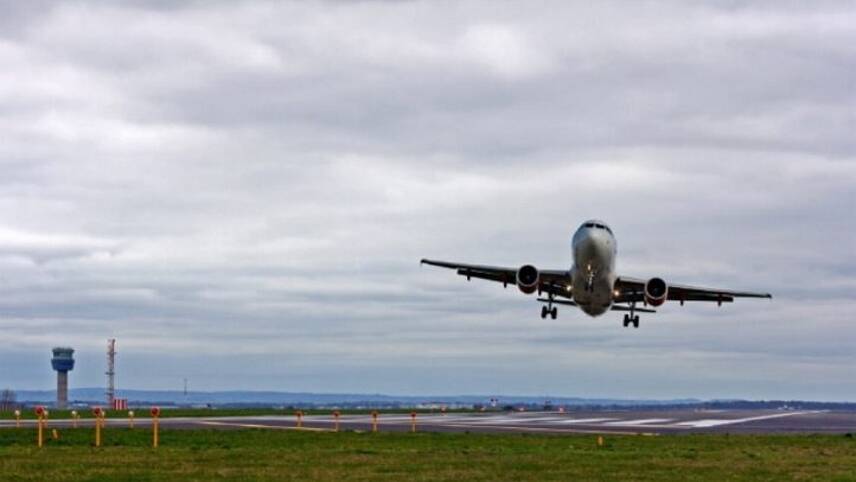Register for free and continue reading
Join our growing army of changemakers and get unlimited access to our premium content

A geographical distribution map will identify 300 SAF plants strategically placed to maximise sustainable feedstock potential
The new Airports of Tomorrow initiative will enable airports to harness the potential of new technologies such as hydrogen and battery electric flight, sustainable aviation fuels (SAF), as well as the electrification of airport operations.
The members of Airports of Tomorrow encompass 52 leading organisations including Airbus, Arup, Atkins, Boeing, Mott MacDonald, Neste, LanzaJet, Dufry, Menzies Aviation, Dallas Fort Worth (DFW), Mundys, Aeroporti di Roma, London Heathrow.
The World Economic Forum’s head of climate strategy, Lauren Uppink, said: “If the right planning and investment decisions are made today, airports can play a pivotal role in shaping a sustainable future for aviation as well as other transport sectors. The Airports of Tomorrow initiative will help airports harness these opportunities, enabling them to fulfil their potential as clean energy hubs and standard-bearers for the net-zero economy.”
According to the International Energy Agency (IEA) report, aviation accounted for more than 2% of global energy-related CO2 emissions in 2021.
Achieving net-zero emissions in aviation demands significant investment. Roughly $175bn per year, reaching $5trn by 2050, will be needed to transition to emerging technologies and alternative propulsion methods such as SAF, battery-electric, and hydrogen-powered flight.
The Airports of Tomorrow initiative will unite key stakeholders in the aviation industry to mobilise this capital and advance towards a net-zero future and collaborate on blueprints for those innovations.
A geographical distribution map will identify 300 SAF plants strategically placed to maximise sustainable feedstock potential.
Estimates suggest that airports may require up to five times more electricity for alternative propulsion methods, resulting in a global demand of 600-1,700TWh of clean energy by 2050, an equivalent of the energy generated by a solar farm half the size of Belgium.
Mott MacDonald’s global practice leader for aviation, Graham Bolton, said: “Any pathway to achieving net-zero aviation will require a fundamental transformation in energy provision – with implications across both airport infrastructure and wider energy networks.
“By considering the airport as part of a wider ecosystem we can develop new solutions that facilitate decarbonisation of aviation and deliver wider community benefits.”
The stakeholders of the initiative will collaborate with UpLink, an open innovation platform of the World Economic Forum, to launch a startup challenge, inviting innovative new firms to join the Forum community.


Please login or Register to leave a comment.